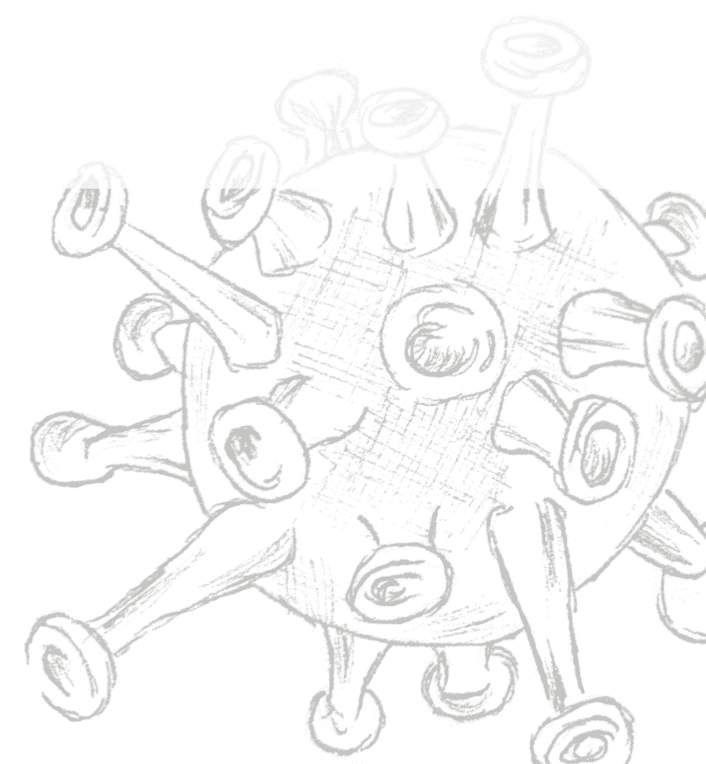CONTENT WARNING: Discrimination
The term ‘virus’ has been dominating the news these days. Though this is not the first time a virus has made headlines, the rapid spread of this particular virus around the world has been causing quite a frenzy. Like all the other viruses that came before it (and the ones that will come after it), it has induced much fear and panic. This is to be expected – viruses can, after all, be deadly. Biologically, they are not classified as organisms, but we tend to think of them as such – as bad, evil, beings that are out to get us. But if we must confer human qualities on these non-human parasites, then maybe we should consider another, perhaps slightly unexpected one: fairness.
Viruses can be quite complex, but the fundamentals of how a virus works are quite clear and easy to understand. In simple terms, viruses enter a host and infect it. They go into the body of an organism and take over its cells, forcing it to create thousands of copies of the virus at a very fast rate. They spread through the host body, hijacking it.
Viruses can travel through many means – they can be transmitted through water, bodily fluids, and even through air. They can attack any living organism – plant, animal, human: there are viruses for everyone. Sometimes, they can even travel between species, such as in the case of the SARS virus, which was transferred to humans from animals. Viruses are so deadly because they don’t pick and choose. A virus never targets an individual or a single organism, it goes where it can. In that sense, viruses are objective, they truly do not discriminate. Maybe that’s something we should learn from them.
As humans, we sometimes forget that we are one species. We might have a thousand different ways to differentiate ourselves but, at our core, we are the same type of organism. At the most basic level, we have the same bodies. Viruses do not see us as different. They do not see us in terms of race or nationality or gender or any of the other numerous divisions we create for ourselves. To them, we are merely hosts to infect. Viruses do not care if you are Chinese or Australian or Indian, all they see is a body. In that respect, they see us more honestly than we see ourselves. We, I think, need to be reminded of the fact that no matter how different we think we are, we are essentially the same – just bodies, equally mortal and fallible and vulnerable.
In these troubling times, when we seem to be more preoccupied with our differences than our similarities, maybe we need to follow the example viruses set. It is perhaps time for us to see ourselves the way a virus does – as people, just human beings.
We acknowledge the Ngunnawal and Ngambri people, who are the Traditional Custodians of the land on which Woroni, Woroni Radio and Woroni TV are created, edited, published, printed and distributed. We pay our respects to Elders past and present. We acknowledge that the name Woroni was taken from the Wadi Wadi Nation without permission, and we are striving to do better for future reconciliation.
